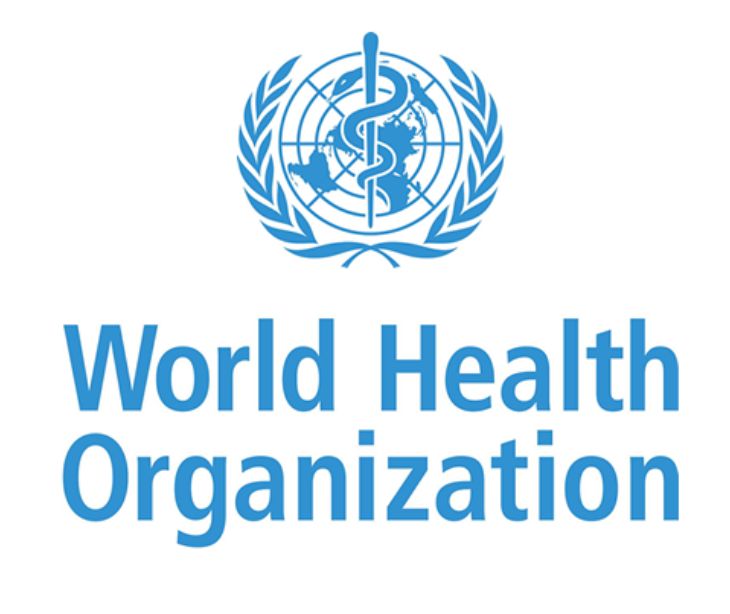2 min read
WHO identifies 6 focus areas for AI regulation in healthcare
Liyanda Tembani
November 15, 2023

AI models can aid healthcare in diagnostics, treatment plans, and administration. However, errors and biases in algorithms can impact patients, and privacy concerns arise with sensitive medical data processing. In a recent publication, the World Health Organization (WHO) outlined six focus areas for AI regulation in the healthcare sector: transparency, risk management, externally validating data, data quality, privacy protection, and collaboration.
Transparency in AI development
The WHO document recommends meticulous documentation of a product's lifecycle and the tracking of AI system development to build public trust and understanding. By documenting the design and iterations of the AI model, developers create a historical record and provide insights into the decision-making processes that shape the technology. This transparency allows stakeholders to understand the ethical considerations, potential biases, and the evolution of the AI system over time.
Risk management in AI
Risk management urges organizations to create simplified models to address threats ranging from cybersecurity vulnerabilities to challenges associated with model training and continuous learning. When healthcare organizations employ straightforward models, they can better identify and mitigate risks, enhancing the overall security and reliability of AI applications in healthcare.
External validation of data
Healthcare organizations must seek validation from external sources to verify the accuracy and relevance of the data used in AI models. That ensures organizations can minimize the risk of incorporating biased or inaccurate information into their systems. Clear communication regarding the intended use of AI further enhances the validation process, ensuring that the technology aligns with its intended purpose and meets ethical and regulatory standards.
Ensuring data quality
The fourth focus area emphasizes the need for a rigorous evaluation of AI systems before release. That involves scrutinizing datasets for potential biases, errors, and inconsistencies. The WHO encourages organizations to implement comprehensive quality assurance processes encompassing technical and ethical considerations.
Privacy protection
The WHO recognizes the importance of adhering to established regulations such as HIPAA and encourages organizations to go beyond legal requirements to uphold ethical standards. They must employ privacy measures, including data anonymization and encryption. This focus area underscores the responsibility of organizations to use AI while maintaining the highest privacy protection standards.
Collaboration in AI development
The document underscores the interdisciplinary nature of AI development in healthcare. Collaboration between AI developers, healthcare professionals, government entities, and other stakeholders is vital to understanding the nuanced challenges and opportunities within the healthcare ecosystem.
What is the role of regulation in preventing errors and bias?
The WHO's comprehensive framework for AI regulation in healthcare provides a foundation for navigating the complexities of this rapidly advancing field. These six focus areas, from transparency and risk management to collaboration and privacy protection, collectively contribute to AI's responsible and ethical integration into healthcare.
Read more: WHO releases publication outlining considerations for AI in healthcare
Subscribe to Paubox Weekly
Every Friday we bring you the most important news from Paubox. Our aim is to make you smarter, faster.




